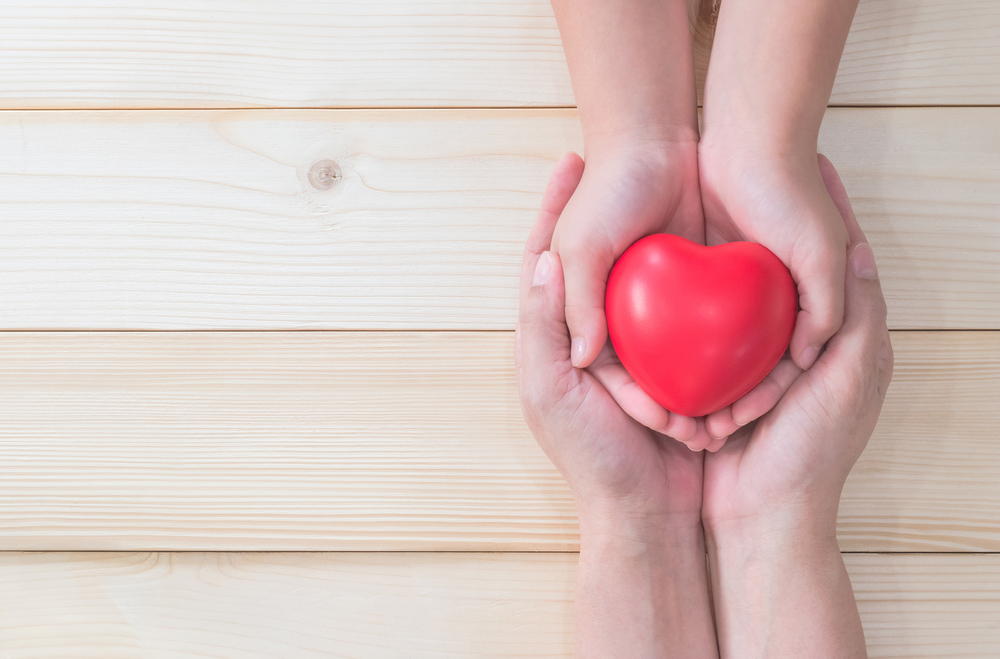Building Emotional Resilience When You Have LEMS
Written by |

Emotional resilience is a term used to describe how people respond to changes in life and their ability to adapt to stressful situations. However, a person being more resilient than another doesn’t mean they don’t experience or feel the stress. Rather, it refers to how quickly they can adapt to crises. If you aren’t as emotionally resilient as you would like to be, the good news is that resilience can be learned by practicing certain patterns of thought and behavior.
Living with a chronic disease, such as Lambert-Eaton myasthenic syndrome (LEMS), means having to deal with a number of symptoms that affect daily life, including fatigue and chronic pain. Although no studies have been done specifically on the emotional resilience of patients with LEMS, a study involving participants with other rare diseases and published in Quality of Life Research indicated that emotional resilience was associated with better physical and emotional function.
Here are some tips to help you build emotional resilience:
Build connections with others
Having a good support network can be important for mental health and emotional resilience. Your support network is all the people you rely on such as friends, family, or coworkers — people you can call when you have good news or need a little extra help.
Focus on building good relationships with compassionate people who will support you in building emotional resilience. Some people are better at fostering emotional resilience in others. When you are focusing on building your emotional resilience, make extra time for the people who help you in your goals.
For some people, joining a support group is a good way to form social connections and work with others to build emotional resilience.
Practice self-care
Self-care means taking care of yourself and making sure you eat and drink well, get enough exercise, and are as healthy as you can be. However, what self-care means for each person can be very different. Some people may find that a short walk in their daily routine helps them emotionally while improving their physical fitness. Others may benefit from making time for a short nap during the day.
Find purpose
Everyone may struggle with finding and pursuing personal goals at some point in their lives. Finding ways to give back or volunteer in your community can be a good way to increase feelings of connection with other people and the community at large, as well as to foster feelings of purpose. Try to find ways to keep moving toward your own personal goals as well.
Adopt healthy thought patterns
Adopting and maintaining an optimistic outlook can be an important part of emotional resilience. It’s easy to say “be positive” and “don’t think negative thoughts,” but it’s much harder to do it in practice. Many people find that keeping a journal is a good way to keep negative thoughts in perspective. A gratitude journal can be a good way to focus on positive thoughts.
Get help when needed
Many people may need a little help to develop emotional resilience. If this is the case for you, talk to your healthcare professional who can recommend support groups and counselors.
Last updated: March 30, 2020
***
Lambert-Eaton News is strictly a news and information website about the disease. It does not provide medical advice, diagnosis, or treatment. This content is not intended to be a substitute for professional medical advice, diagnosis, or treatment. Always seek the advice of your physician or other qualified health provider with any questions you may have regarding a medical condition. Never disregard professional medical advice or delay in seeking it because of something you have read on this website.




